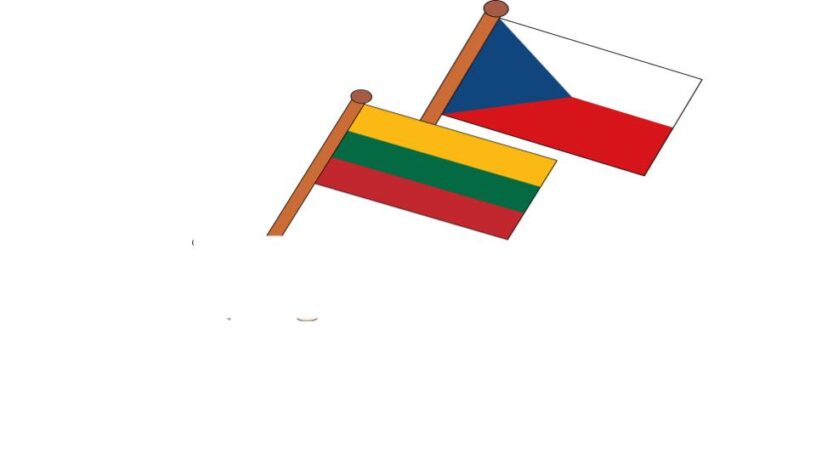By Elizabeth Hearst
The Council of Europe’s anti-money laundering body MONEYVAL has published a follow up report on the Czech Republic which indicates that although the nation has implemented improved measures to combat money laundering and terrorist financing, the country still needs to make additional progress in certain areas.
Separately, MONEYVAL has concluded that Lithuanian authorities have improved their “understanding of national money laundering and terrorism financing risks” and have “taken appropriate countermeasures”.
Following on from the body’s evaluation report in December 2018, the Czech Republic was instructed to report to the European body on an “expedited timetable”, as a result of the “high numbers of deficiencies identified in several key areas”.
The group has been tasked with examining a range of legislative, regulatory and institutional measures that the Czech Republic have implemented in line with the findings from the 2018 report.
The AML body concluded that the country has progressed since the original evaluation, and has since assigned the Czech Republic a higher international compliance rating in three areas: The improvement of mechanisms for national cooperation and cooperation to tackle money laundering and terrorism financing, the strengthening of countermeasures against countries and jurisdictions that represent a high money laundering and terrorism financing risk, and the removing of regulatory gaps for correspondent banking relations.
However, the European body has concluded that the Czech Republic has not made adequate efforts to improve its ratings in financial sanctions related to terrorism and its mechanisms to trace the movement of cash across borders.
The report also highlights that the nation has progressed in its implementation of international requirements for virtual assets including virtual currencies such as Bitcoin and the providers of these assets.
The publication details that the Czech Republic has reached a full level of compliance with five of the 40 Financial Action Task Force (FATF) Recommendations, but added that the country still has minor deficiencies in the implementation of 24 recommendations and larger-scale deficiencies for the 11.
The body has determined that the Czech Republic will remain in an enhanced follow-up process and will report back to MONEYVAL on its progress in the future.
Meanwhile, Lithuanian authorities have been praised by the body for improving their understanding of “money laundering risks”. Similarly to the Czech Republic, Lithuania has reported to MONEYVAL on an expedited basis as a result of the deficiencies observed in the country’s regime.
However, a follow-up report examined the implementation of new international requirements for virtual assets such as Bitcoin and the providers of these assets. MONEYVAL notes that while the country has registered certain progress in the implementation of old and new requirements, deficiencies were noted and Lithuania’s rating in this area has been downgraded from “largely compliant” to “partially compliant”.
The report highlights that Lithuania has reached a full level of compliance with eight of the 40 FATF Recommendations but retains minor deficiencies in the implementation of 24 recommendations and larger-scale deficiencies in eight others.
Similarly to the Czech Republic, the AML body has concluded that Lithuania will remain in an enhanced follow-up process and will continue to report further progress to the body in order to strengthen its implementation of AML/CTF measures.
Share this on:
Follow us on:











